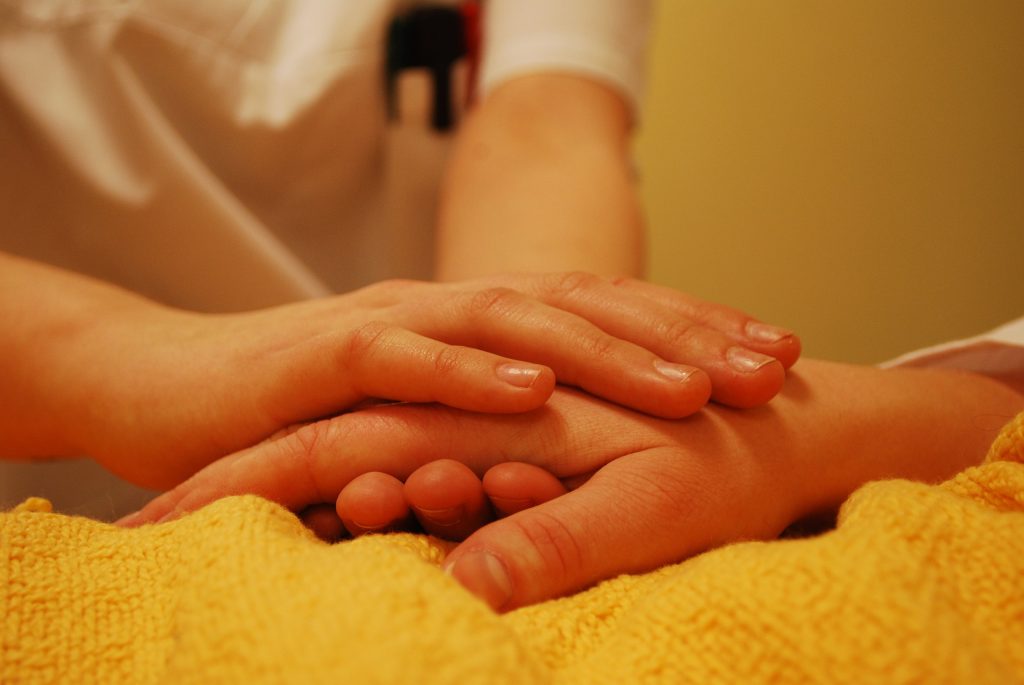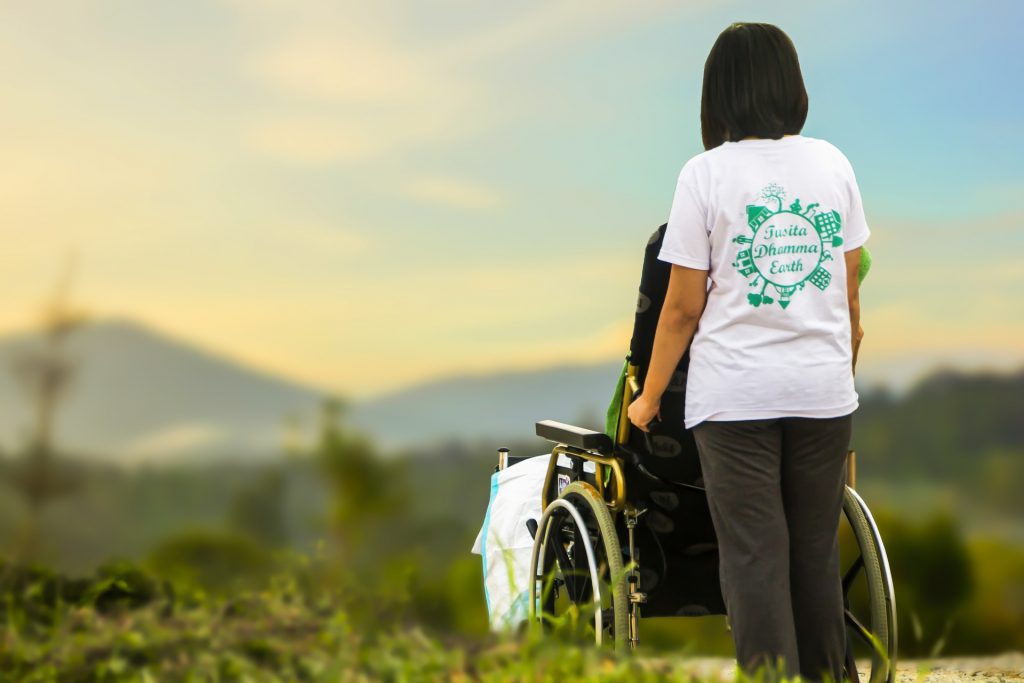
In the event of an accident, the head is one of the most susceptible yet delicate parts of the body to be affected, which is one of the reasons why TBIs are among the most common injuries to be sustained in accidents. The sheer force from a collision is enough to cause a TBI, and the circumstances surrounding it can be variable. There may or may not be a fracture or an open wound. During the impact, when the head comes into a stop on an object, the movement may penetrate into the interior of the skull. This can cause a concussion or brain hemorrhage.
Car accidents are one of the most common causes of traumatic brain injury (TBI). As a matter of fact, over half of the reported cases of TBI annually are caused by road accidents. Traumatic brain injuries occur when massive pressure impacts on the skull. It can also occur when a violent object hits the head and the impact ends up piercing the skull, lodging into the brain tissue.
Traumatic brain injury is a debilitating condition that severely affects a person’s way of life. We depend on our brains for so many of our bodily functions, physical activities, and other everyday tasks. Our brains control our emotions and perceptions. The reason you are able to wake up every day and dress up for work is that it’s programmed that way in the brain. When the brain is affected, you can be sure that there will be a disruption in your programming. Coping with this condition can be extremely demanding, which makes it important that utmost care is provided to anyone with a brain traumatic injury. In this piece, we’ll be shedding more light on dealing with TBI after a vehicular accident.
1. Patience
Traumatic brain injuries are diverse and so are the effects that accompany them. For victims who encounter physical injuries, it’s only expected that their physical condition has been altered but their personality and most of their general body functions remain the same. This is an all different scenario when it comes to TBI patients. A TBI patient may seem “off” or different from the person you once knew. As we had earlier mentioned, when the brain is affected, it may affect personality traits. In most cases, after treatment, the patient is handed over to the caregiver, most of whom are spouses, relatives, or friends. It can be hard for the TBI caregiver to know how to react to various circumstances, especially since most TBI patients exhibit emotional turmoil. In some days, they may appear confused, agitated, or frustrated. If you’re injured in an accident and you’re diagnosed with TBI, the best way to deal with your issue is to seek the necessary support from friends and family while being patient as the condition often improves with proper treatment and care.
2. Seek Legal Assistance
TBIs by stem from a wide variety of high-impact accidents. It could be an accident at work, a car collision, or even an injury during a high impact sport. If or your loved one suffers head injuries from a vehicular accident that was due to someone else’s negligence, Thabet Khalidi, an experienced Tucson brain damage lawyer says that one of the most important things to do is seek legal advice because the injury could have caused damage to your brain. A good brain damage attorney can assist you in seeking compensation for your injuries, which could make life easier for you considering how high the treatment costs for TBI can get and how devastating the aftermath of these injuries can be.
3. Provision Of Comfort
If your loved one is dealing with TBI, it’s very important to provide them with all the comfort they can get, whether at home or in a rehabilitation center. Even though there are several categories of TBI symptoms, patients may, in most cases, feel overwhelmed, exhausted, frustrated, and frightened. Get rid of anything that can potentially increase discomfort. In addition to this, TBI patients are very sensitive to light and sound. For this reason, you may want to invest in blinds and shutters that will help to minimize the amount of light coming into the rooms. In a nutshell, get rid of anything that will exacerbate their condition.
If the patient is in a rehabilitation center, they may feel frightened, considering it’s an unfamiliar environment. You can provide a homely feel for them by availing familiar items such as family portraits, music, toys, and their favorite snacks. Remember, you may be the only person who’s aware of what they need.
4. Restoring A Sense Of Normalcy
Traumatic brain injuries are serious in the sense that they can disrupt literally everything in one’s life. Additionally, the condition is often accompanied by memory problems, emotional lability, and aggressive behavior. Another way to help a TBI victim is through trying to restore normalcy in their lives. Some things you can do to achieve this may include:
- Providing them with familiar objects
- Maintain labeled pictures of family and friends
- Place their personal items within reach
- Use your normal tone when speaking to them
- Invite family and friends who’ll help them to remember a few things
- Label events and schedules on the calendar to make it easy for them to remember
- Include the person in your activities
5. Take Them Out

Even for the most outgoing, energetic, and optimistic person, it is not uncommon for them to change and seem more self-absorbed and unenthusiastic about life. All they may want in their current state is to stay at home doing nothing. These are changes that may strike you as strange, given your interaction with the person before the accident. However, it’s important not to criticize them or appear judgmental. Urging them to go out of the house even for a few hours could mean a lot. But in doing so, ensure that it’s in quiet places such as nature walks, small restaurants, and spas.
6. Therapy
Most TBI patients will be discharged from the hospital after they’ve stabilized. However, others may need long term care and therapy, depending on the severity of the injuries and the extent of brain damage. Also, recovery from a brain injury takes time and the effort of the caregiver to ensure that the patient gets the best towards full recovery. Such patients may require one or more of the following types of therapy in their recovery journey.
- Occupational Therapy – This therapy will help the patient perform activities required for daily living. They include simple tasks such as feeding, dressing, toileting, and bathing. This ensures that the patient doesn’t solely on the caregivers for simple tasks.
- Physical Therapy – During the recovery process, brain injury patients will require physical therapy to help them improve their balance, build strength, and boost coordination. This therapy can either be provided at home or in a facility
- Speech Therapy – Now, depending on the severity of the injuries or the part of the brain affected, TBI patients may require speech therapy in their recovery process. This type of therapy is significantly important as it helps patients to regain their ability to swallow food safely, communicate, and recognize objects.
- Neuropsychology – Brain injuries may cause cognitive deficits. This type of therapy is designed to help the patient regain their cognitive functions, memory, and emotional stability.
It’s not easy dealing with TBI, both for the person suffering the injuries and their caregivers. However, when everyone is involved in providing the best care to such a person, the recovery process can be more successful. And as they say, prevention is always better than cure, and given that most TBI cases are as a result of car crashes, it’s best to always observe road safety rules and precautions at all times. In case someone else’s negligence causes an accident and you or a loved one is diagnosed with TBI, the above pointers can shed some light on how to deal with it. They can help relieve some of the pressure associated with these brain injuries.












